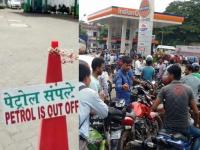Govt. panel proposes ban on diesel 4-wheeler vehicles
By Lokmat English Desk | Published: May 9, 2023 03:21 PM2023-05-09T15:21:41+5:302023-05-09T15:21:41+5:30

The Energy Transition Advisory Committee of the Petroleum Ministry has submitted its final report, which calls for a complete ban on diesel-powered 4-wheelers in all cities with a million-plus population by 2027.
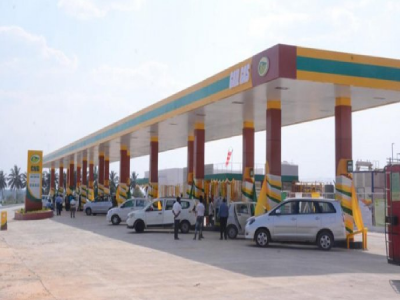
The advisory panel headed by former petroleum secretary, Tarun Kapoor, states that the overall direction for surface transport has to be in favour of EVs. It recommends that a ban on diesel-powered 4-wheelers has to be enforced in 5 years and suggests that no diesel-powered city buses should be added in urban areas.
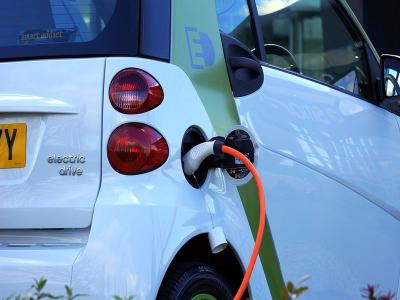
As per the report, from 2024, all new registrations for city delivery vehicles should only be electric so that 75% of the delivery vehicles can be electric in all million-plus cities in the next 10 years.
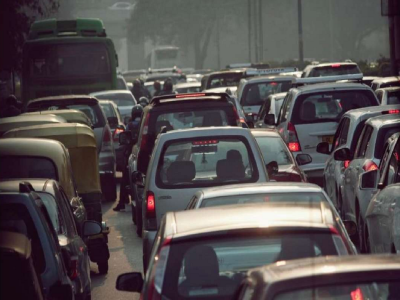
The Indian Railways is electrifying its tracks at a fast pace. The report states that the share of railways in national freight should rise to 50% from the current 23% in 15 years.
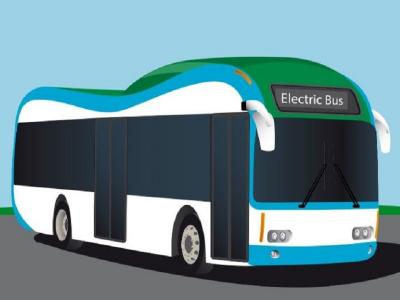
The advisory committee believes the share of electricity in India's final energy consumption to rise from 18% to 40%. We should aim to have 25% of households using electricity for cooking by 2030. It further suggested that cooking gas (LPG) should be blended with compressed biogas and hydrogen.
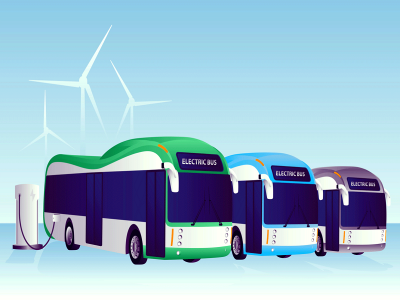
Along with this, the panel has also recommended that city transport should be a mix of metro trains and electric buses by 2030. The report also calls for the consideration of a targeted extension of incentives under the FAME scheme.
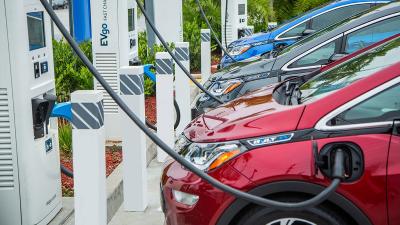
Arun Malhotra, an automotive expert, believes it will be a difficult decision to implement in passenger vehicles because a lot of investment has gone in. However the bigger problem is going to be in the heavy and medium commercial vehicles where diesel penetration is still high.
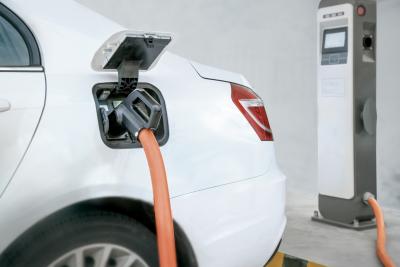
On the other hand, Manish Raj Singhania, a member of the Federation of Automobile Dealers Associations (FADA), believes that knee-jerk reactions such as bans are not sustainable. He points out that the auto industry has been complying with mandates from the central government and has already skipped from BS4 to BS6 emission norms.
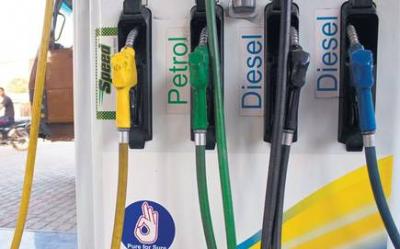
Singhania said, “It should be market driven. If you give options to the customer, the market dynamics automatically drives the change. Every vehicle has its own specific use and purpose and we are already complying with global standards now. So just banning is not the solution. We should have a definite kind of footprints how to go about curtailing the pollution, but just targeting the diesel vehicle is not the solution.”
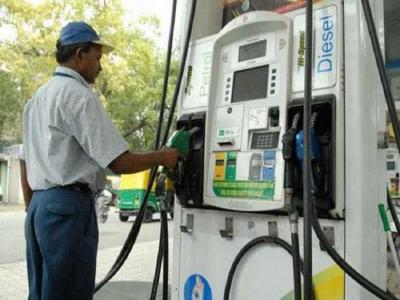
Malhotra also points out that the extension of the Faster Adoption and Manufacturing of Hybrid and Electric Vehicles (FAME) scheme is necessary to promote the adoption of EVs. The price parity between diesel and EVs is not there as of now, and without an extension of the scheme, the growth of the EV story may slow down.

As demand is expected to increase at an average rate of 9.78 percent between 2020 and 2050, India should consider building underground gas storage equivalent to two months of demand, the panel said.























